This work if intended especially as a supplement to the author's Sanskrit Grammar giving in fuller deail what was not possible nor admissible as part of grammar itself, all the quotable roots of the language, with the tense and conjugation-sstems made from them, and with the noun and adjective (infinitivel and participial) formations that attach themselves most closely to the verb, and further, with the other derivative noun and adjective-stems usually classed as primary, since these also are needed, if one would have a comprehensive view of the value of a given root in the language. And everything given is dated with such accuracy as the information thus far in hand allows- whether found in the language throughout its whole history, or limited to a certain period. Throughout the work, accent-signs are applied only where the word is found actually so marked in accentuated texts. In the index of stems given at the end of the volume, a classification is adopted which is intended to facilitate historical comprehension of the language, by distinguishing what belongs respectively to its older and to its later period. The author has acknowledged using and excerpting the Great St. Pertersburg Lexicon of Bohtlingk and Roth, especially as concerns the epic and classical literature.
Sanskrit Grammar: Including Both the Classical Language and the Older Dialects of Veda and Brahmana
This Sanskrit Grammar is on ...
$40.50
$45.00

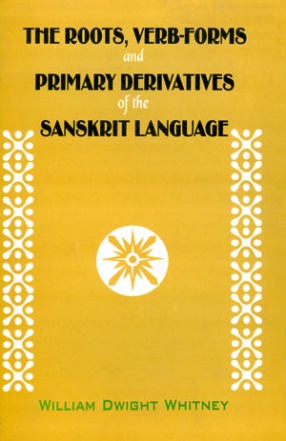
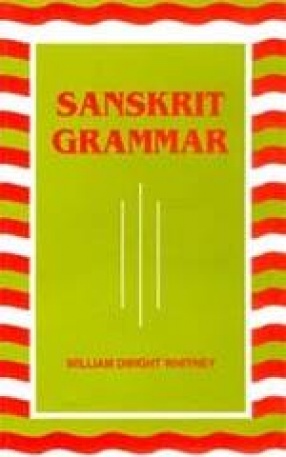
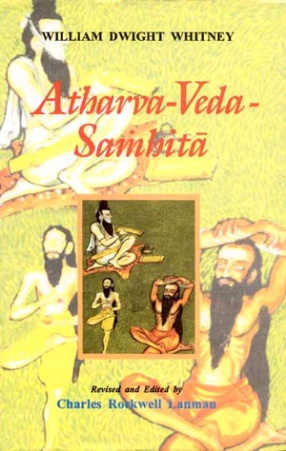

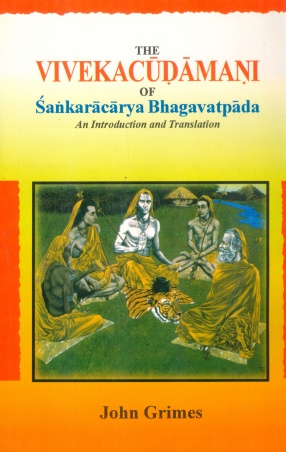
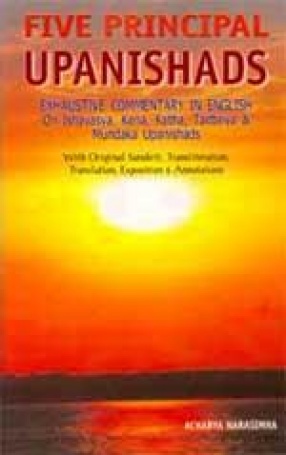
There are no reviews yet.